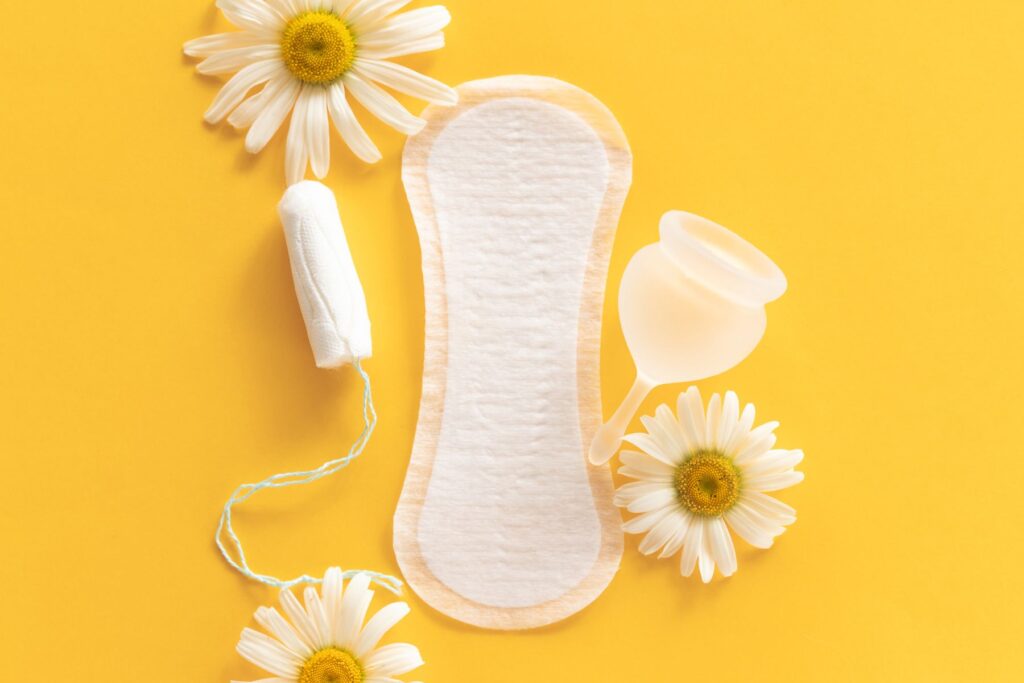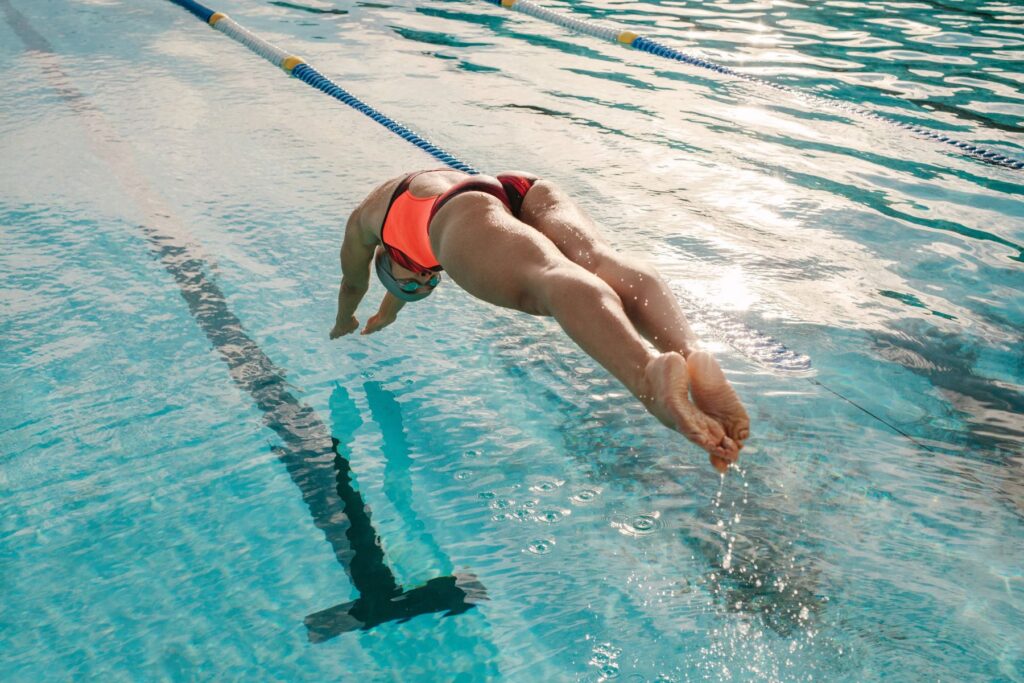Female Athletes: Is a Missing Period Due to Exercise?
September 4, 2023

Have you ever ignored a missing or irregular period thinking it was a normal part of training for a sport as a female athlete? Have you ever considered a missing period when training as a badge of honor that you are training hard?
If you answered yes to any of these questions, you are not alone. According to some surveys, about 35% of female athletes report ignoring a missed period during training. Why did they do this? Likely they thought it was just a normal part of training hard as a female athlete.
We are here to tell you this should NOT be a part of normal training for a female athlete. If these issues go on for a prolonged period of time, they can lead to other health concerns.
Why Female Athletes May Lose Their Period

Period loss in female athletes can be related to a few things. The most common two causes are over-exercising and undereating. Either one, or both of these factors together create an energy deficient state.
When in energy deficiency, your body does not have enough energy to fuel your exercise AND also fuel all of your bodily processes. Therefore, it diverts the energy you do have left over after exercise to life sustaining body processes. These could include breathing and keeping your heart beating. As a result, there is not enough energy left over for non-life sustaining body processes like your reproductive system. For signs of low energy intake click here.
When the energy deficit is steep enough this can lead to loss of your period. Unfortunately, in this low energy state, your body has to make some tough decisions about who gets energy to keep functioning and who doesn’t. Every single time, it will choose what keeps you alive. To learn more about period loss in female athletes click here and here.
What is RED-S?

Period loss is a common symptom of relative energy deficiency in sport (RED-S). RED-S is a condition that can simply be defined as inadequate energy consumption leading to impairment in body function and processes. The same process I just described above that leads to period loss in energy deficit states also affects other body processes which along with period loss make up the diagnosis criteria for RED-S. Prolonged period loss in female athletes can lead to bone health issues such as bone mineral density loss and osteoporosis. As a result, fracture injury risk increases which could mean less time on the field, in the rink, in the pool, or on the stage.
How to Prevent Period Loss as an Athlete

So, what can be done to prevent or reverse period loss in female athletes? We need more education around the negative consequences of period loss in female athletes.
The message that period loss just means your training hard is outdated, and proven FALSE by science, and needs to go. It is essential that female athletes need to eat enough food to fuel their body and their activity level. This can be difficult for some athletes to do especially if they are accustomed to under fueling.
Working with a sports dietitian can help! If you’re looking for a sports dietitian to help you optimize your performance and health through optimizing your fueling and hydration plan, we’re here to help. Check out our performance packages.
References:
Logue, D., Madigan, S.M., Delahunt, E., Heinen, M., Mc Donnell, S.J., & Corish, C.A. Low Energy Availability in Athletes: A Review of Prevalence, Dietary Patterns, Physiological Health, and Sports Performance. Sports Med, 48(1), 73-96. doi: 10.1007/s40279-017-0790-3.
Mountjoy, M., Sundgot-Borgen, J.K., Burke, L.M., Ackerman, K.E., Blauwet, C., Constantini, N., Lebrun, C., Lundy, B., Melin, A.K., Meyer, N.L., Sherman, R.T., Tenforde, A.S., Klungland Torstveit, M., & Budgett, R. IOC consensus statement on relative energy deficiency in sport (RED-S): 2018 update. Br J Sports Med, 52(11), 687-697. doi: 10.1136/bjsports-2018-099193.
(2023, May 3rd). Female athletes face serious health implication of missed periods. The Guardian.https://www.theguardian.com/sport/2023/may/03/female-athletes-health-implications-missed-periods-red-s
[…] who are at high risk of irregular periods due to exercise habits. Irregular periods, including a loss of your period, is related to not enough calories being […]